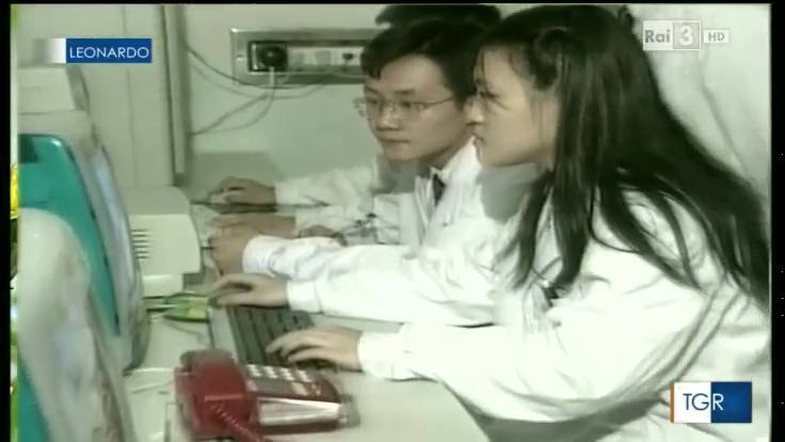
All hypotheses are still open in the World Health Organization (WHO) search for the origin of Covid-19, said its director general, Dr. Tedros Adhanom Ghebreyesus.
A WHO-led mission in China said this week that there are further examine the issue of whether the virus was spread after an incident in a laboratory, which is considered very difficult. The United States has said it will review the mission's findings, Reuters reports.
"Some questions have been raised as to whether some hypotheses have been refuted. "Talking to some team members, I want to confirm that all the hypotheses remain open and require further analysis and study," said Tedros Adhanom Ghebreyesus.
The World Health Organization team that visited Wuhan to investigate the origin of the coronavirus pandemic three days ago refuted the theory that the virus was created in a laboratory. At a lengthy press conference, representatives of the joint investigative mission between the WHO and China provided a summary of the findings from two weeks on the ground.
The idea that the virus came from a laboratory incident is "extremely unlikely" and "is not a hypothesis for which we suggest further study," said Peter Ben Embarek of the WHO Food Safety Specialist, animal disease specialist and chairman of investigative team. He said they interviewed staff and examined the health audit processes when they visited the Wuhan Institute of Virology and added that it is impossible for anything to escape from that place.
But apparently, the hypothesis that the virus originated in a laboratory in China requires further studies.
What has been said before about "laboratory viruses"?
Në mars të vitit 2020, nëpër rrjete sociale, sidomos ato italiane, qarkulloi një video e transmetuar në nëntor të vitit 2015 nga Tgr Leonardo, një buletin lajmesh dhe dokumentarësh kushtuar shkencës i prodhuar nga Rai. Në video, pohohej se shkencëtarët kinezë po studionin një virus që shkaktonte sëmundje pulmonare duke marrë në studim minjtë dhe lakuriqët e natës.
“Një grup studiuesish kinezë,” raportoi Tgr Leonardo, “shartuan një proteinë sipërfaqësore të marrë nga një lakuriq nate me një virus që shkakton Sars që vjen nga minjtë” për të parë se "çfarë ndikimi mund të ketë te njerëzit”.

Videoja u interpretua si një provë e mundshme që virusi Sars-Cov-2, i cili shkakton sëmundjen Covid-19, u prodhua në laboratorë nga shkencëtarët kinezë. Sipas kësaj hipoteze, Kina e ka konceptuar Sars-Cov-2 si një armë biologjike dhe është shkaktare e pandemisë aktuale. Në mes të pandemisë, virusi mori në të vërtetë edhe një qasje politike. Donald Trump i referohej gjithnjë si “virusi kinez”, që u pa si përpjekje për të akuzuar Kinën.
Ajo që e bënte të dyshimtë dokumentarin ishte fakti që nga organet prestigjioze të shëndetësisë nuk kanë përmendur minjtë si shkaktarë të Covid-19. Në disa raste është thënë se mund të kenë qenë pangolinët shkaktarë, por një gjë e tillë u mohua. Lakuriqi i natës është një mundësi, mirëpo ende po studiohet origjina e koronavirusit.
Po komuniteti shkencor ç’thotë?
However, the scientific community strongly denies such an opinion and states that Sars-Cov-2 was not created in the laboratory. International medical groups generally share this view. Italy's most famous virologist, Roberto Burioni, said in March that "it's nonsense for news of the coronavirus to go to a laboratory experiment." "Do not worry, it is 100% natural unfortunately," he wrote on Twitter.
The WHO's slightly contradictory statements, however, do not rule out the possibility, however, referring to what has been said, the chances that the virus was created in the laboratory are slim. Currently 4 most convincing hypotheses are being researched. For more information on other hypotheses about the origin of the coronavirus, click here .





